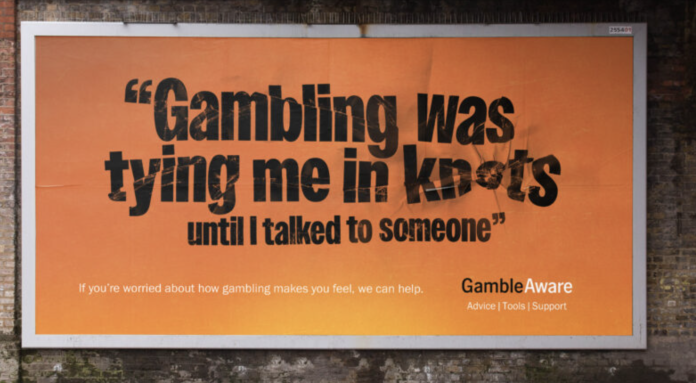GambleAware has initiated an invitation to tender for a partner to undertake the “Evaluation of the Effectiveness of the National Gambling Support Network (NGSN).”
The tender is deemed a significant project by GambleAware, which will commission a learning and evaluation partner to carry out an evaluation that delivers independent, actionable, and robust insights into the effectiveness of the National Gambling Support Network (NGSN).
Formerly known as the National Gambling Treatment Service (NGTS), the NGSN was redesigned in 2022 to apply a regional approach for participating organizations to provide early and effective interventions on gambling harms and addiction.
NGSN is supported by eleven organizations offering treatment support and intervention services across the UK, including GamCare, Gordon Moody, BetKnowMore, and the RCA Trust.
The redesign of the NGSN was sanctioned following feedback to GambleAware that only a small group of people were accessing treatment services in Great Britain compared to a much wider population in need of these services.
However, the structure of the NGSN will be altered by regulatory changes outlined by the Gambling Review’s White Paper. Headline measures will see the government establish a statutory levy on operators to fund problem gambling research, education, and treatment (RET) projects, organizations, and initiatives.
Recommended changes will include the creation of three separate commissioners needed for treatment led by the NHS, research reporting to the UKRI, and a yet-to-be-appointed Harms Prevention commissioner.
As previously stated, GambleAware ‘broadly supports’ the government’s new framework, in which the treatment support services of the NGSN will be overseen by the NHS.
Due to imminent changes, the NGSN requires a “robust and independent evaluation, which is crucial to generate the necessary insights to engage key stakeholders and inform decision-making, ultimately leading to the adoption of the optimal prevention and treatment model.
The tender is split on the key criteria of providing GambleAware with an effective evaluation of the NGSN and presenting further learning lessons for stakeholders.
The evaluation should aim to provide a “holistic and system-level perspective on the impact and effectiveness of the NGSN, generate learnings to guide its improvement, and inform any future post-White Paper transition.”
Learning lessons must detail the success or deficiencies of current NGSN practices to be shared with stakeholders, upheld with “evidence, insights, and assurance to inform any future commissioning state and transition post-White Paper.”
As such, GambleAware will recommend tenders that put forward evaluation schemes that “go beyond what is known from existing data and reporting” and “provide a more holistic picture of the needs, experiences, and outcomes of service users than is currently captured”.
Tender applicants were notified that GambleAware has reserved a budget of £350,000 to commission the NGSN’s evaluation. Bidders must submit their initial project proposals to [email protected] by Wednesday, 17 April.
In its recommendations of proposals, GambleAware underscored the significant interest of wider audiences in the evaluation of the NGSN, including the NHS, DCMS, the governments of Scotland and Wales, local constituencies, and those with lived experience of problem gambling harms.
As noted: “While final outputs are required by December 2025, GambleAware expects to receive early and interim findings regularly and sooner, where possible, to align with key decision-making junctures.”



























